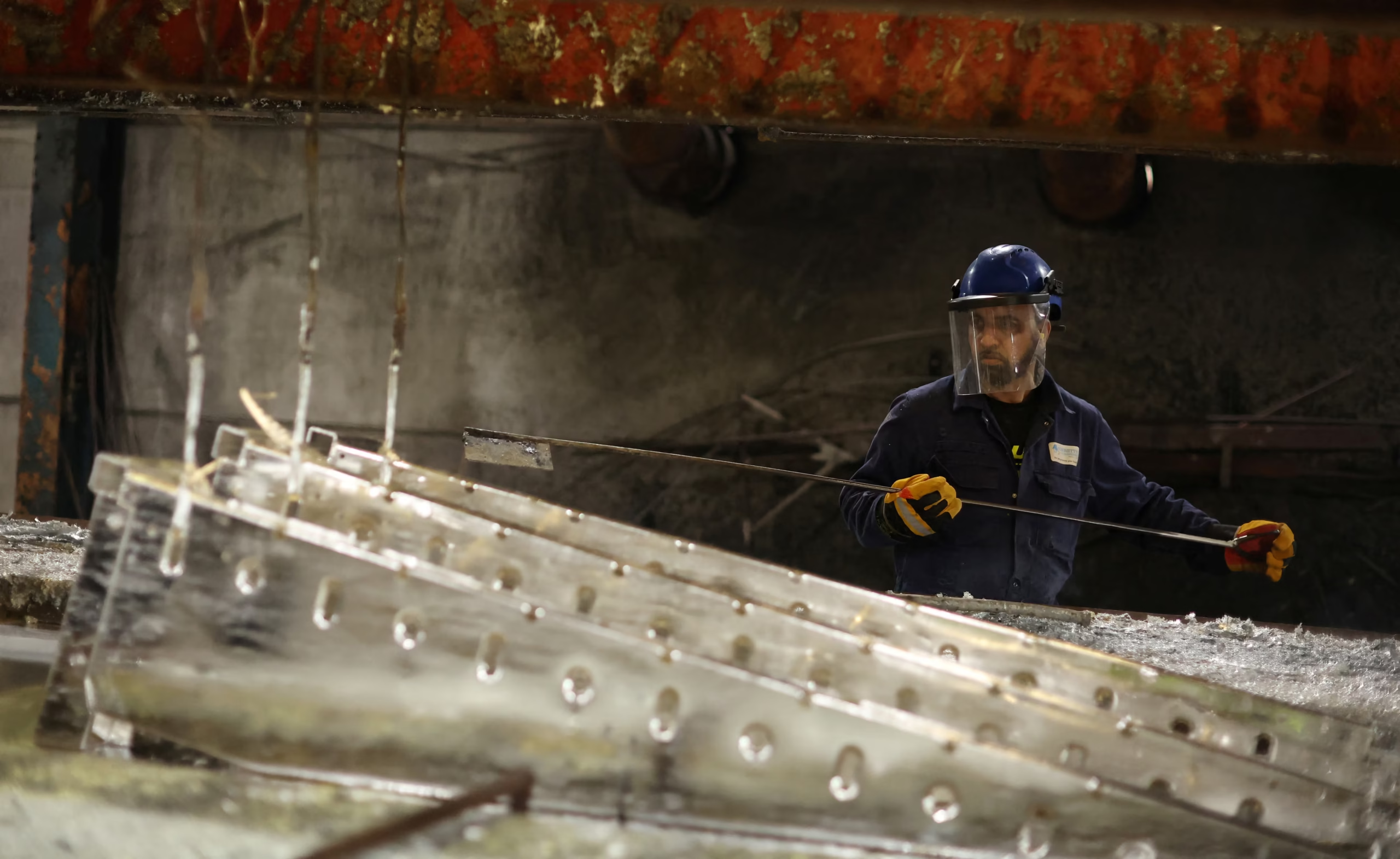The UK manufacturing sector has sounded a clear and urgent alarm as industry sentiment sinks to its lowest level since the early days of the pandemic. Recent data from the Confederation of British Industry (CBI) shows that order books are shrinking sharply, raising concerns about investment, jobs and regional economic health.
The Numbers
The CBI’s monthly order-book index plunged to –38 in October, falling from –27 in September and well below the long-term average of –14. Both domestic and export orders recorded the steepest declines seen since 2020. Future expectations for export orders are likewise at historic lows, reflecting deep uncertainty about global demand and UK competitiveness.
Causes of the Slump
Several intertwined factors are contributing to the downturn:
- Rising costs, particularly energy prices, are squeezing margins and reducing manufacturers’ appetite to commit to new work.
- Policy uncertainty, with firms reportedly wary ahead of the government’s Budget in November, including concerns over tax rises, spending cuts and regulatory change.
- Weak global demand, with export orders falling sharply — suggesting external headwinds beyond domestic economic conditions.
- Capital investment caution, as firms hesitate to expand or hire when the outlook remains murky.
Sectoral & Regional Impacts
Manufacturing remains a crucial driver of regional economies across the UK, particularly in the Midlands, North-West and Scotland. The current slump therefore has broader implications: fewer orders could jeopardize jobs not only on the factory floor but across supply chains, logistics and service providers tied to manufacturing. Some firms may defer planned expansions or risk shedding capacity if the downturn persists.
What Businesses Are Saying
Lead economists at the CBI emphasise that while the sector is not yet in collapse, this level of pessimism is rare outside of recessionary episodes. The message from industry leaders is clear: immediate policy attention is needed to stem the decline and restore confidence. Many manufacturers point to energy costs as a key competitive disadvantage, calling for support or intervention to prevent further damage.
Government Response & What Comes Next
With the government’s Budget set for late November, attention will centre on whether measures are introduced to support the sector. Possible actions include targeted energy cost relief, tax incentives, or support for investment in advanced manufacturing technologies. Failing intervention, the sector may enter what one analyst described as a “self-reinforcing cycle” of low orders, low investment and job reductions.
Risks for the Broader Economy
Manufacturing is tightly linked with the UK’s productivity agenda and export performance. If investment stalls and capacity is under-utilised, the risk is that broader economic growth will be dampened. Small and medium-sized manufacturers meanwhile — many of which operate with tighter margins — could be particularly vulnerable. There is also concern that the slump could feed into regional inequalities, with manufacturing-heavy regions seeing slower recovery.
Possible Bright Spots
While the current numbers are concerning, not all is lost. Some firms already point to opportunities in low-carbon manufacturing and advanced technologies. The transition to greener industrial production may offer new business if supported effectively. For companies that can adapt, export niches may continue to perform. However, the window to act is narrowing — with many firms signalling that confidence must improve soon or decisions will be irreversibly delayed.
Looking Forward
The next few weeks are critical. The outcome of the upcoming Budget, signals from government on industry support, and global demand trends will all influence whether the downturn becomes a deeper contraction or merely a setback. For now, manufacturers and policy-makers alike are watching closely — the warning lights are flashing.



